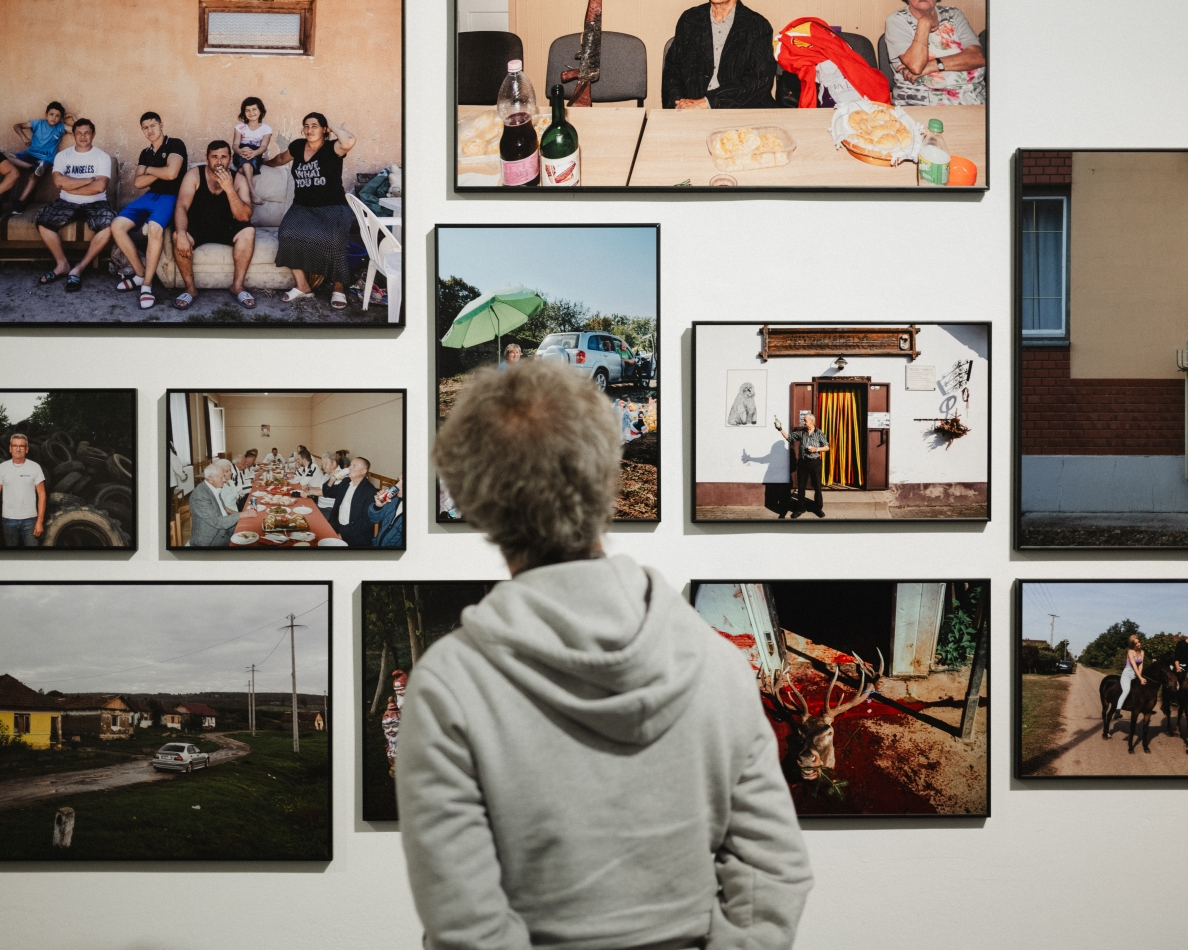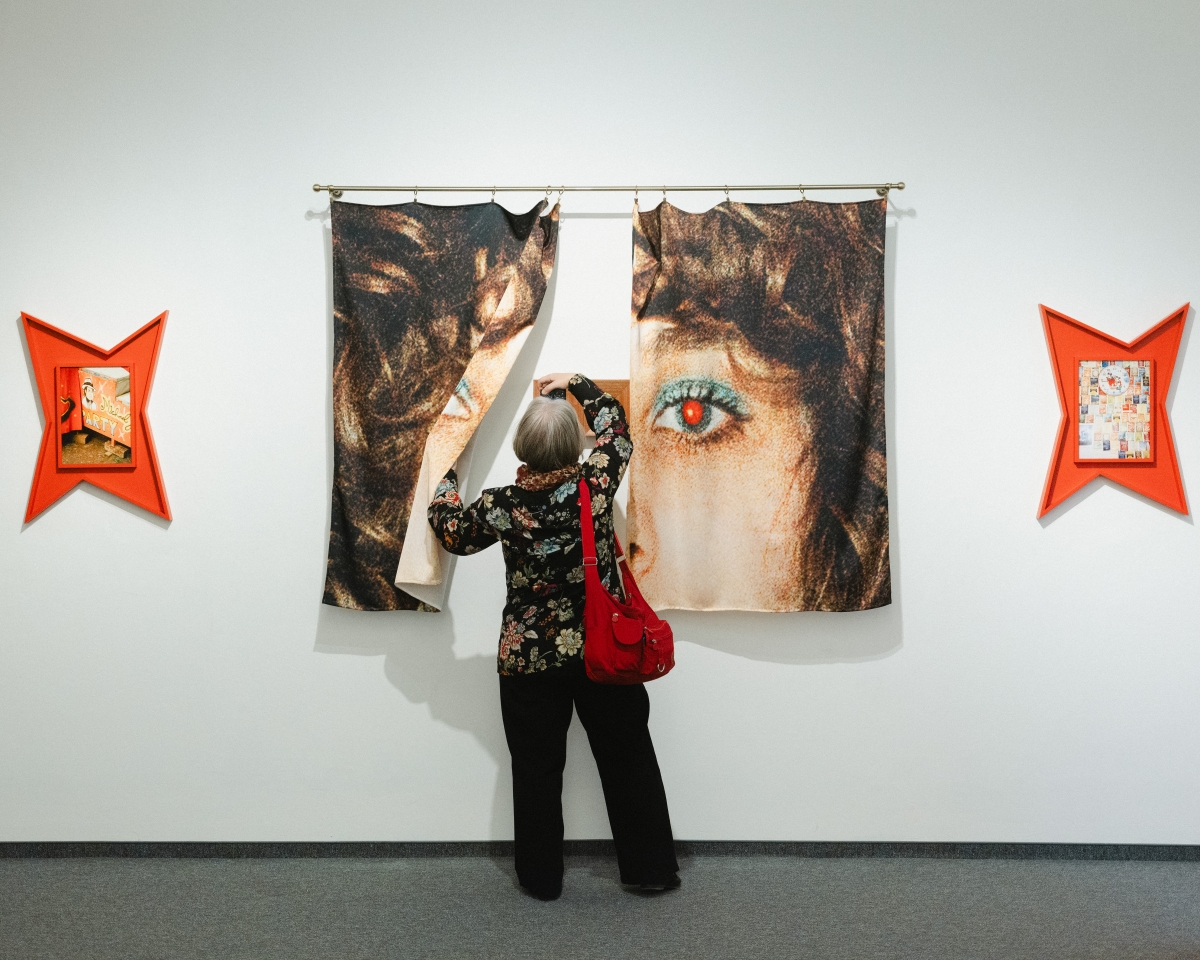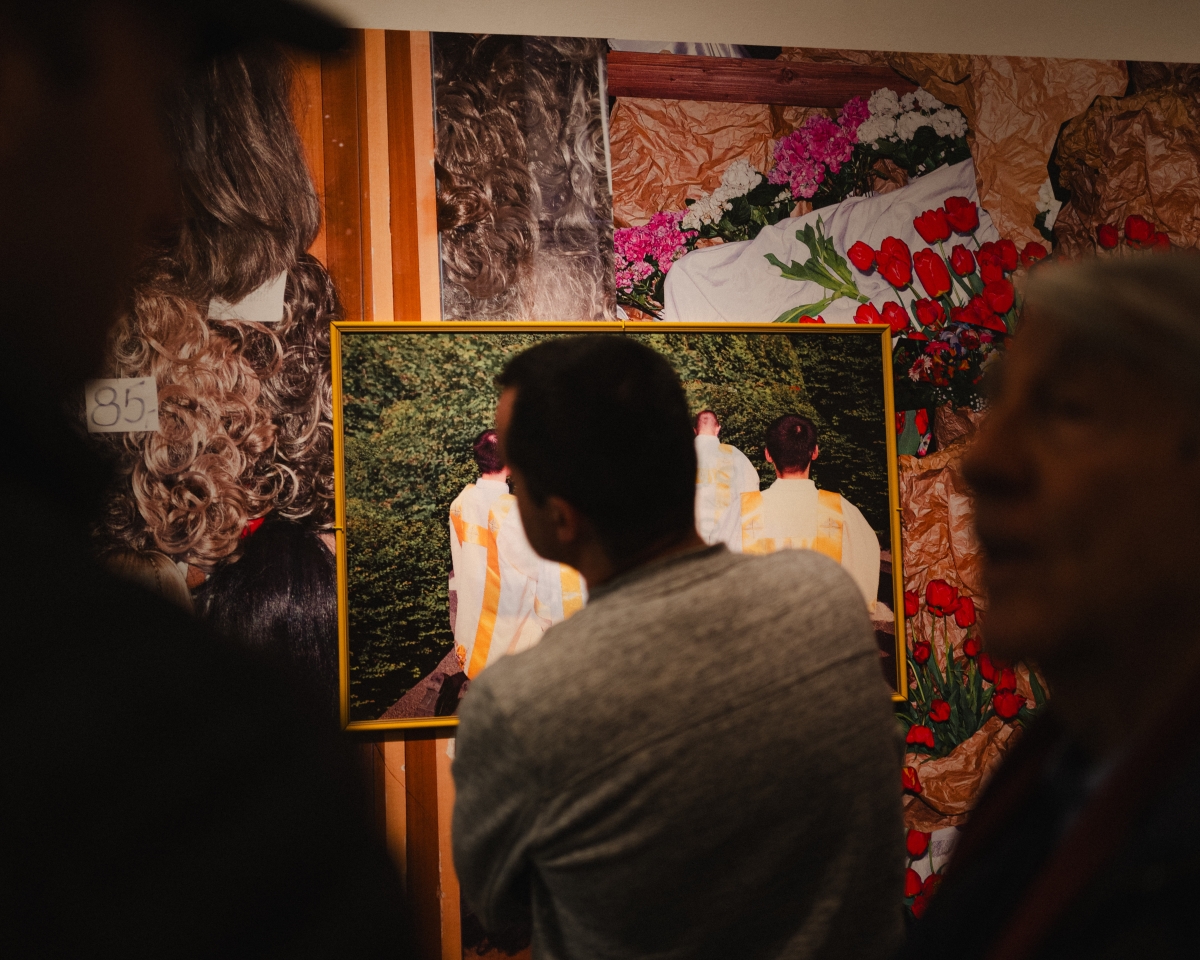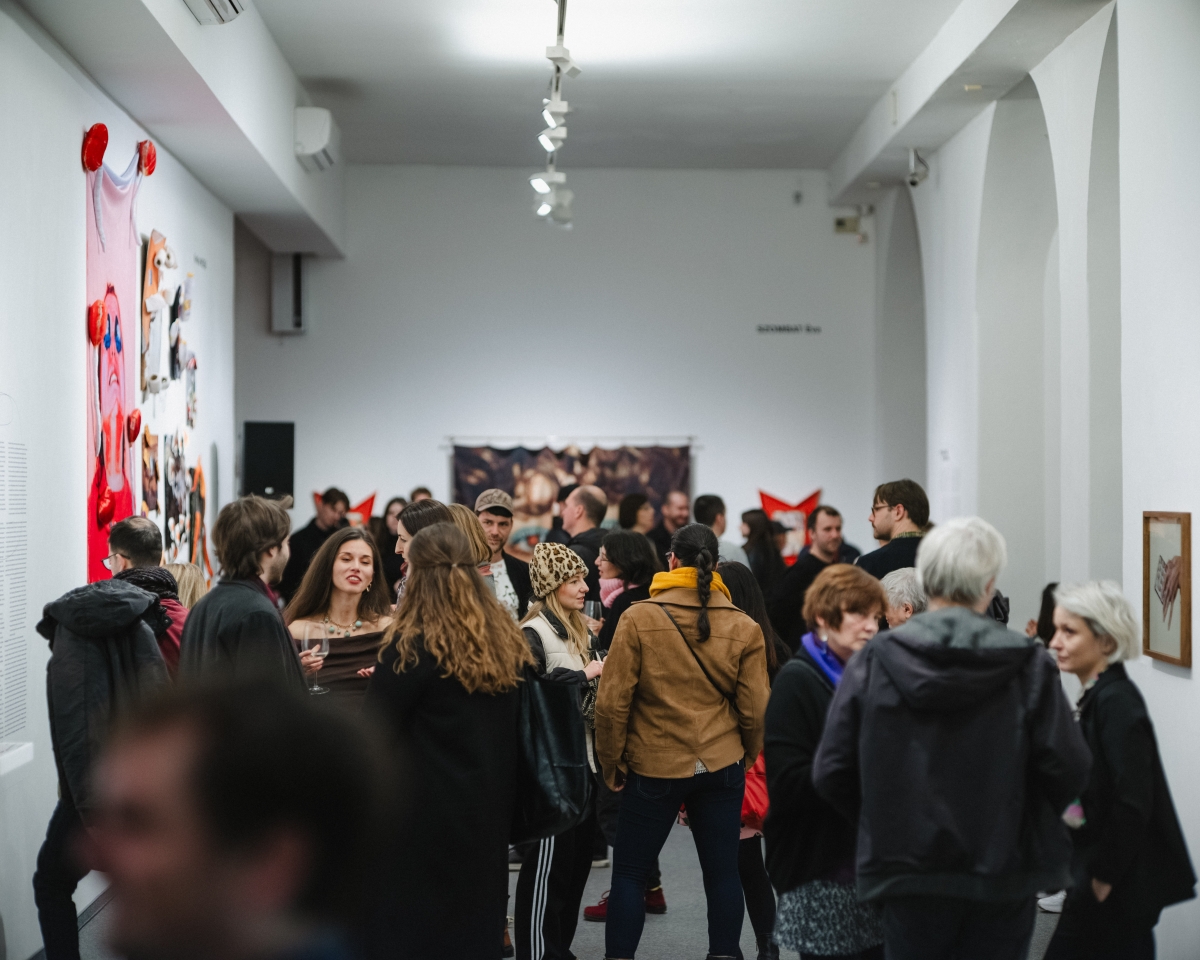
The exhibition “European Kinship – Eastern European Perspective” opened at the Capa Contemporary Photography Center in Budapest on 13 February 2025. Until the end of March 2025, visitors will have the opportunity to explore the works of some of the most interesting young male and female photographers from Poland and Hungary, which focus on exploring the region’s shared cultural experiences and raise questions about the existence of an Eastern European identity. The Adam Mickiewicz Institute is a partner of the event. The exhibition is part of international cultural programme of the Polish Presidency of the Council of the European Union 2025.
Eastern European identity through the lens of young photographers
Presented at the CAPA Contemporary Photography Center in Budapest, the exhibition includes works by ten male and female artists and two collectives from or associated with Poland and Hungary. The exhibition is divided into six chapters that combine to form a visual essay that reflects an Eastern European perspective on local phenomena and broader European identity. Each chapter presents a thematic pair of artists. The photographs and exhibits address transformation, public space, identity, spirituality, the grotesque, and post-nostalgia. The historical common fate of the countries of Central and Eastern Europe is reflected in themes of changing borders, ethnic diversity, and experiences with communism.

Opening of the “European Kinship – Eastern European Perspective” exhibition. The photo shows works by Pictorial Collective. Photo: Kuba Celej / AMI.
The exhibition “European Kinship – Eastern European Perspective” touches on many social and political themes, but its main themes are issues of community and shared experience. The starting point of the visual story is “Transformation”, understood as a cultural and social moment of transition in the projects of two photographic collectives: Sputnik Photos (“Lost Territories”) and Pictorial Collective (“Residents of streets named after poet Sándor Petőfi”). The next chapters, “Space” and “Identity”, focus on the material and symbolic representations of political narratives in space and the symbolism of material culture in the works of Katerina Kouzmitscheva (“BETONIUM”) and Julia Standovar (“Kinky Concrete”), as well as negotiating through the politics of the body in the performative projects of Ilona Szwarc (“I am a Woman and I Feast on Memory”) and Anita Horváth (“You are not like them”). The “Spirituality” chapter is an artistic response to emblematic social phenomena: religion and politics (“HOAX” by Agnieszka Sejud and “And We Keep On Living” by Zsuzsi Simon), while “Grotesque” takes up the theme of ideology and resistance manifested in Eastern European absurdity and irony (“Pyromaniac’s Manual” by Ada Zielińska and “Fine, thanks!” by Szabolcs Barakonyi). Finally, “Post-Nostalgia” is a display of creativity rooted in a sense of unlimited freedom and a reflection on the past in the form of nonchalant and bold experiments inspired by artefacts of the new reality (“Made in Poland” by Karolina Wojtas and “Echo in Delirium” by Éva Szombat).
At the centre of reflections on the region are the ideas of solidarity and kinship, which signify both similarities and differences; the ability to cooperate while maintaining one’s own distinctiveness. Geographic proximity, changing national boundaries, and shared experiences of domination and struggle for independence shaped the similarities between the nations of Central and Eastern Europe while differentiating them from the countries of Western Europe.

Opening of the “European Kinship – Eastern European Perspective” exhibition. The photo shows works by Pictorial Collective. Photo: Kuba Celej / AMI.
Exhibition “European Kinship – Eastern European Perspective” and accompanying events
Artists: Szabolcs Barakonyi, Anita Horváth, Katerina Kouzmitscheva, Pictorial Collective, Agnieszka Sejud, Zsuzsi Simon, Sputnik Photos, Júlia Standovár, Éva Szombat, Ilona Szwarc, Karolina Wojtas, Ada Zielińska.
Curators: Wiktoria Michałkiewicz, PhD (REZO Agency) and Emese Mucsi (Robert Capa Contemporary Photography Center).
Exhibition partners: Adam Mickiewicz Institute, Polish Institute in Budapest (Budapest), British Journal of Photography (London)
The exhibition can be viewed from 13 February to 30 March 2025 at: Capa Contemporary Photography Center in Budapest, 8 Nagymező Street, 1065 Budapest.
Events accompanying the exhibition “European Kinship – Eastern European Perspective”:
- The exhibition “A Book of Long Objects” by Lia Dostlieva (Platan Gallery, Polish Institute in Budapest, 27 March – 25 April 2025) – the Ukrainian artist shows the history of the wars and occupation of Ukraine through the prism of the fate of three generations of women from one family.
- Professional Weekend (27 March 2025) – an international conference for curators and photography industry experts.
- Budapest Portfolio Reviews (28-29 March 2025) – open portfolio reviews for artists interested in photography.

Opening of the “European Kinship – Eastern European Perspective” exhibition. The photo shows works by Pictorial Collective. Photo: Kuba Celej / AMI.
The project is co-organised by the Adam Mickiewicz Institute as part of international cultural programme of the Polish Presidency of the Council of the European Union 2025 implemented by the Ministry of Culture and National Heritage.

